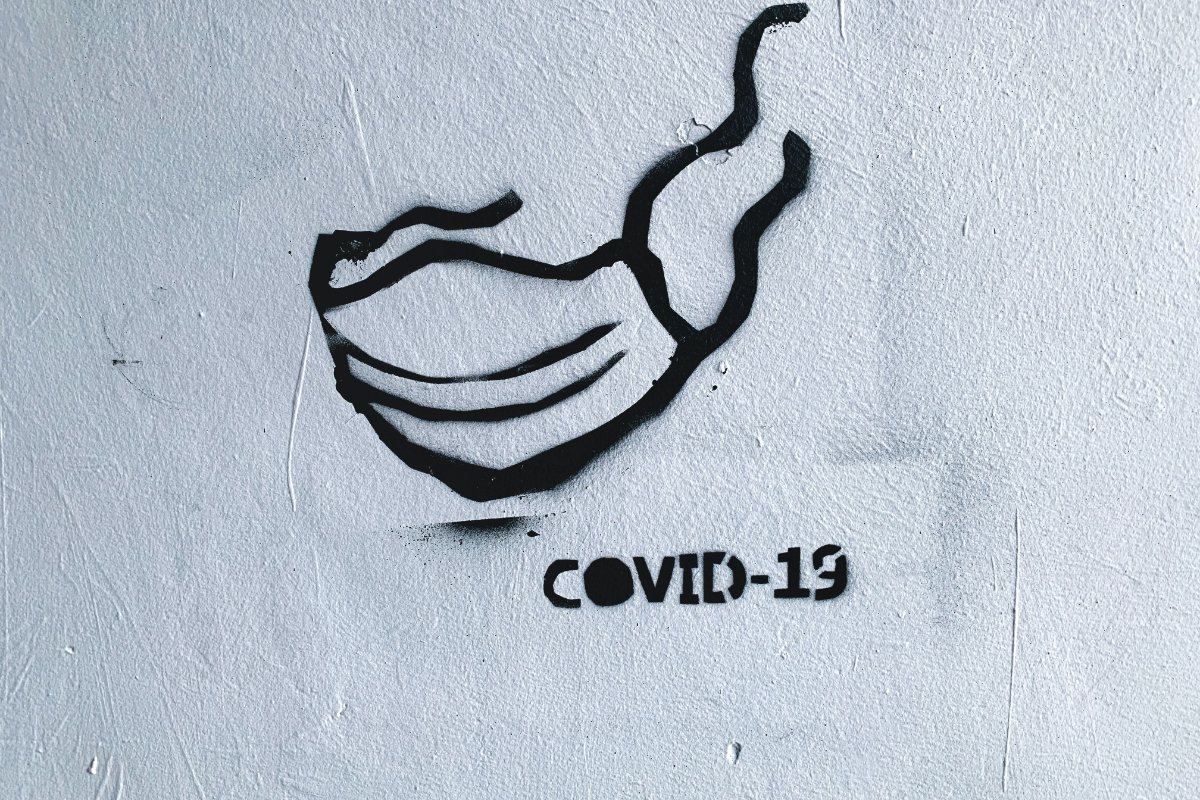Prior to the global pandemic, America had already been dealing with a host of pervasive stressors such as health care access, mass shootings, climate change, rising suicide rates, and an opioid epidemic. Fast forward to the present day, as our country continues to struggle with our new reality amidst the global pandemic, select groups of our country are facing greater stress and poorer outcomes. It’s important to consider the many factors that create stress and related mental health issues so we can find new solutions in an increasingly complex time.
There are two recent studies that help shed light on the trends creating increased challenges for many people:
Two months ago, the CDC published a study by Czeisler et al. that identified potential epidemiological trends in mental health amongst adults in the U.S. throughout a several-month period of the COVID-19 pandemic. This month, the American Psychological Association (APA), through its Stress in America initiative conducted by the Harris Poll on behalf of the APA, published their findings based on surveys of people across the United States focusing on how stress has been impacting their lives.
There are inherent limitations to both studies, including measurement bias due to self-reporting of symptoms without a clinician-based assessment and sampling bias. This limits the degree of generalizations we can make to the larger U.S. population.
However, we can identify themes based on these two studies and then examine how these have expressed themselves through individual patient narratives. These include:
Uncertainty of the Future
One of the greatest human fears is that of uncertainty, or loss of our sense of control. The pandemic has introduced a significant amount of stress due to uncertainty for Gen Z adults (ages 18-23) who are unable to attend college on campus or are encountering limited open jobs and career opportunities upon graduating. Gen Z adults report that the future of our nation is a significant source of stress with the majority also citing the U.S. presidential election as a stressful source of uncertainty.
Moral Injury as a Result of Human Injustice
Moral injury is defined as an inner mental conflict that results when one’s actions or obligations are in direct opposition to a person's values and beliefs. Largely due to the pandemic and sociopolitical climate, 2020 has brought increased awareness of systemic racism in our nation. Nearly 2 in 3 adults—regardless of race—report police violence towards minorities as a significant source of stress, up from 1 in 3 adults who responded with the same answer in 2016. Furthermore, minorities, in particular Black Americans, are most likely to report discrimination as a stressor.
Disruption of Customs and Traditions
Traditions offer us a way to celebrate, reflect, grieve, and commemorate milestones in our lives. Young individuals in particular are sacrificing their graduations, college experiences, and social celebrations, making them feel lost and without a sense of belonging. For some young adults, the pandemic has disrupted wedding celebrations which represent a major milestone being postponed or reduced in scope. Across all walks of life, funeral services for loved ones have been greatly limited in attendance, often being performed virtually. These impacts on religious ceremonies and holidays have created a great deal of grief and separation where there was once celebration and togetherness.
Caretaking Overload and Burnout
For many, the mandated sheltering-at-home orders have magnified the duties and responsibility of caregivers. If the caregiver has previously relied on a combination of school and professional care, the COVID-19 pandemic has introduced a larger source of stress of balancing work and family. This has led to fatigue, stress, and—in some cases—depression.
Grief and Loss
The pandemic has brought loss into the forefront. For many Americans, the pandemic has resulted in a loss of jobs leading to financial instability. The drastic reduction in social interactions has led to increasing loneliness. And the loss of loved ones—in some cases without having a chance to sit at a bedside or say goodbye—has led to an overwhelming sense of dread, pessimism, and a lack of closure. For all of us, the pandemic has changed the way that we live our lives and we have had to grapple with and grieve the loss of our “normal” lives.
Trauma Due to COVID-19 Exposure
Studies of frontline health care workers during the COVID-19 pandemic have shown that rates of trauma-related symptoms, depression, and anxiety have increased during the pandemic. These have been related to experienced helplessness related to treating severely ill patients in a stressed and overwhelmed health system that has not yet identified effective and consistent treatments. In addition, the experience of continually exposing themselves (and family) to a virus that can lead to a life-threatening illness creates elevated stress levels in front-line workers.
With all of these factors in play, it can feel overwhelming to support ourselves and others through this challenging time. It’s important to remember that we are resilient as humans and that there are solutions we can turn to.











